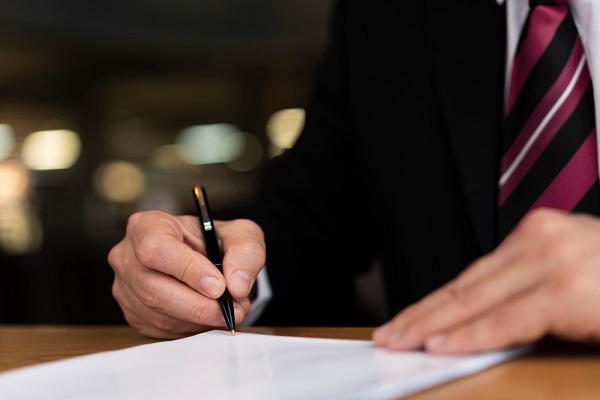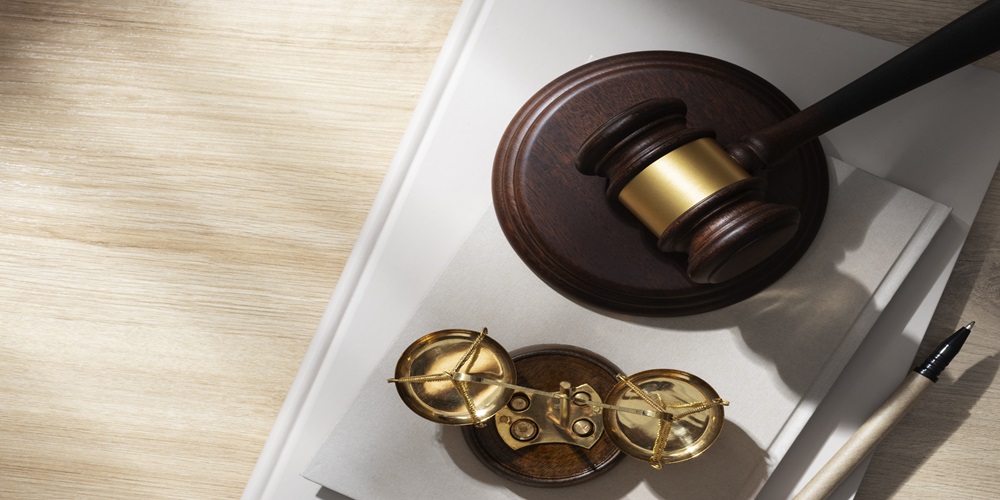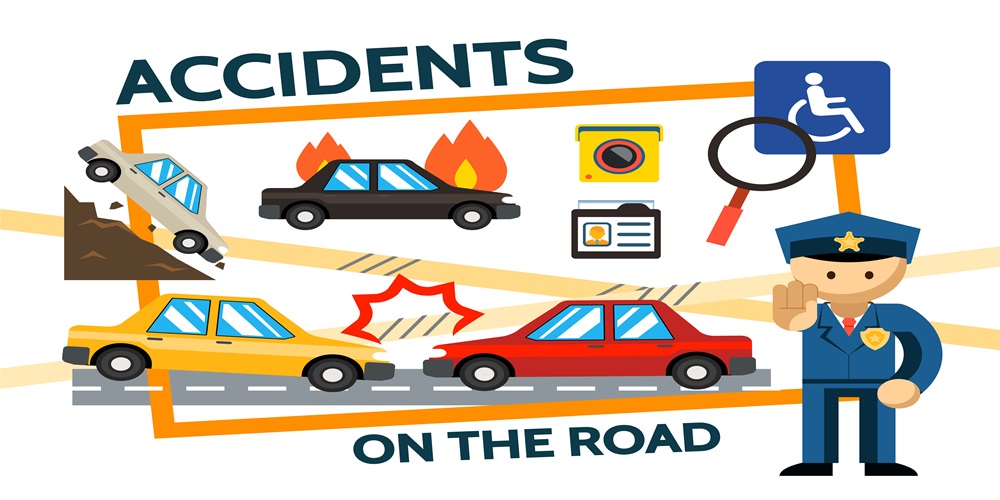The Ultimate Guide To Criminal Court Processes
Courtroom proceedings are often lengthy, and they conclude only when all facts and evidence are present and accounted for.
If you are accused of a crime, a criminal defence professional will inform you how criminal courts work in trials. No matter the severity of the crime, the idea of going through a trial is quite distressing enough as is.
That said, not all court trials are quite so severe, with some reaching a verdict quickly, depending on the offences involved. In any case, knowing all about it beforehand can be beneficial, getting you prepared for how court proceedings occur.
So, we’ve created a guide to help you get a complete understanding of criminal court processes.

What To Expect During Trial
1. Arraignment
The trial begins with a formal introduction of the accused, the charges pressed against them and how they plead. Certain offences allow the accused to choose whether they want a trial to be held by a provincial judge or a superior court judge. They may also choose whether they would like to be tried in front of a jury or not.
2. Plea
The accused pleads guilty or not guilty. In the case of the latter, the trial proceeds and all the evidence and relevant information is scrutinized, as are the arguments of the prosecution.
If they plead guilty, the judge reserves the judgment of accepting or rejecting the plea based on circumstances. These circumstances include how voluntarily the plea was made, if the accused understands the consequences of pleading guilty. Additionally, the accused is informed that the judge is independent of the Crown- the embodiment of the Canadian constitutional monarchy.
3. Case For The Prosecution
The prosecution begins with an opening statement, after which they call in their witness. With their witness at the stand, they begin cross-examination, during which they ask the witness questions pertaining to the criminal offences.
Following cross-examination, the Crown reviews notes of the police and other crown witnesses, including statements made by the accused. Once all the information and arguments are presented, the prosecution rests their case.
4. The Defence
The accused reserves the right to remain silent, but they may also call in defence witnesses. Testimonies provided by the accused and their witnesses all follow a process that is similar to the Crown.
Once the cross-examination is performed and all the information is reviewed by the defence, the prosecution is allowed to cross-examine the defence witness.
5. Closing Submissions
After every argument and piece of information has been presented to the court, both sides of the trial are allowed to make closing submissions. These submissions are based on any deductions made during the trial when new information was revealed. Note that evidence cannot be a part of closing submissions.
6. Judgment
If the court has been presented with enough information, the judge will then present the verdict either on the same day or another day. The judge will provide the courtroom with meaningful reasons for their judgment to clear up why the decision was made.
7. Sentencing
If found guilty, the judge may either sentence the defendant immediately or adjourn the sentencing to another date. The severity of the sentence depends on the severity of the crime, and it is up to the judge to decide which punishment to impose.
8. Appeal
Within a certain time frame, the accused can appeal a conviction or sentence as determined by the law.
Conclusion
Depending on the seriousness of the criminal offences levied against the accused, a trial could go on for a while. Trials on some of the more serious crimes, known as indictable offences, can even take months to reach a conclusion.
Criminal trials are usually handled by criminal defence lawyers who create a strategy to have the accused acquitted or reach a favourable verdict in court. The law is a complex maze to navigate, and someone without a proper understanding of it shouldn’t represent themselves in court.
If you ever find yourself in legal trouble, contact a criminal lawyer at once for consultation.





